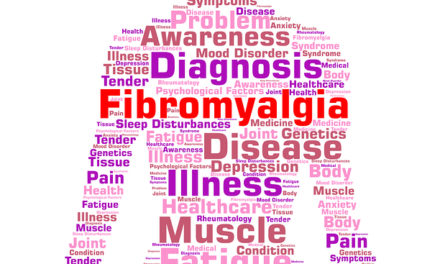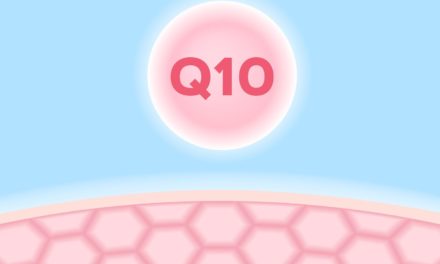A study published in the Journal of Learning Disabilites (May, 1982;15(5):258-264) looked at B vitamin supplementation and hyperactivity. The subjects of the study were 100 children who were either hyperactive or had cerebral dysfunction. The were given 100 mg of thiamin qid, calcium pantothenate (source of B5) twice daily, 50 mg of b6 twice daily or a placebo for three days. If the subjects responded to the vitamin therapy, they were given the supplements a second time, this time for a week, then alternating between supplementation and placebo. Those who did not respond well to the initial vitamin therapy were given large doses of B complex, niacinamide or elimination diets.
Hyperkinetic cerebral dysfunction exists for many and varied reasons, and different subjects responded to different aspects of the therapy. Eight of the children in the initial sampling responded to the high-dose thiamin, with four of them needing continued doses of thiamin. Nine of the children responded to the B6, with five more responding to an even higher dose of the vitamin. Eight of the children responded to a hypoallergenic diet (the Feingold diet). The point is that different children respond to different therapies and there is no “one size fits all” solution for this particular health issue.






